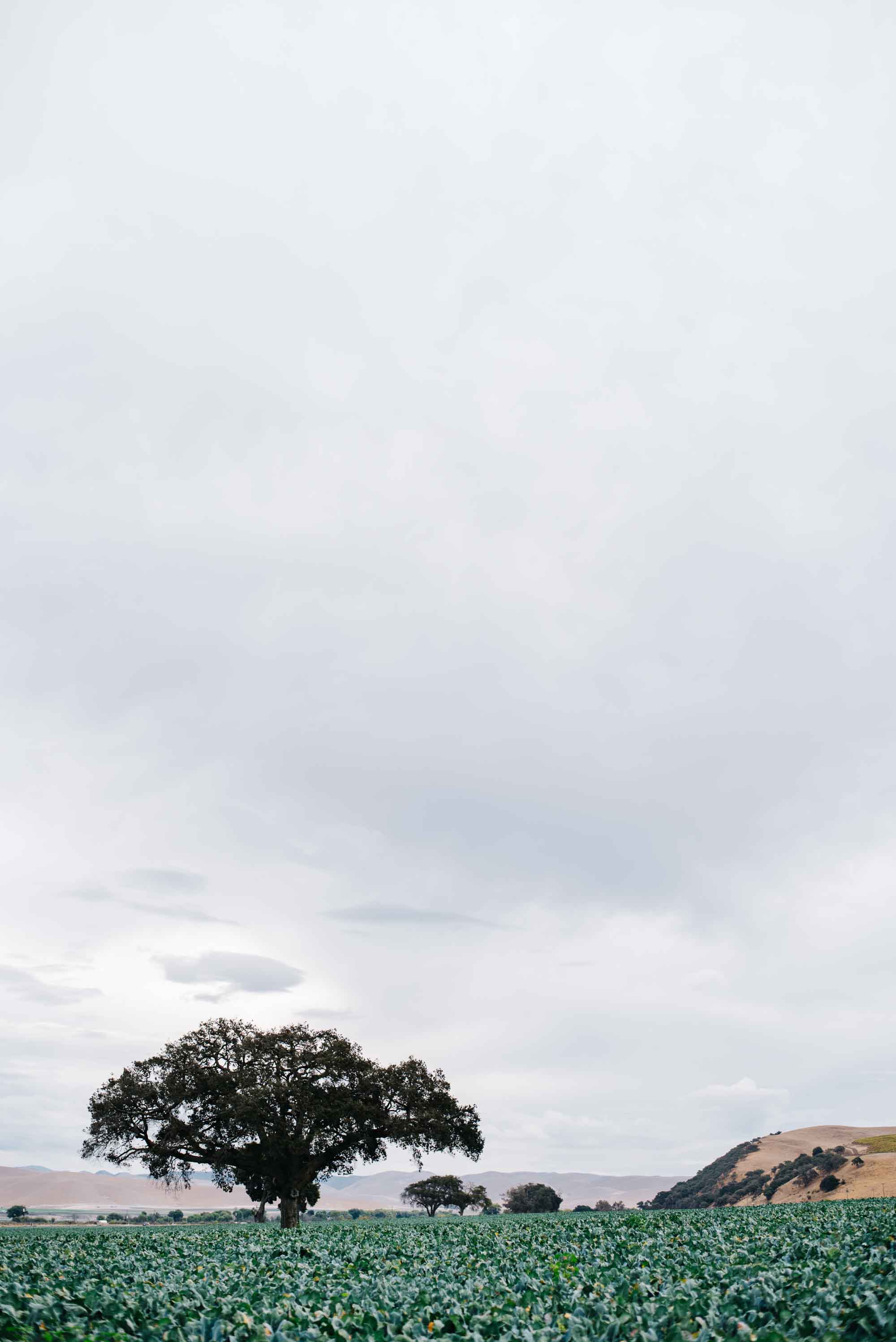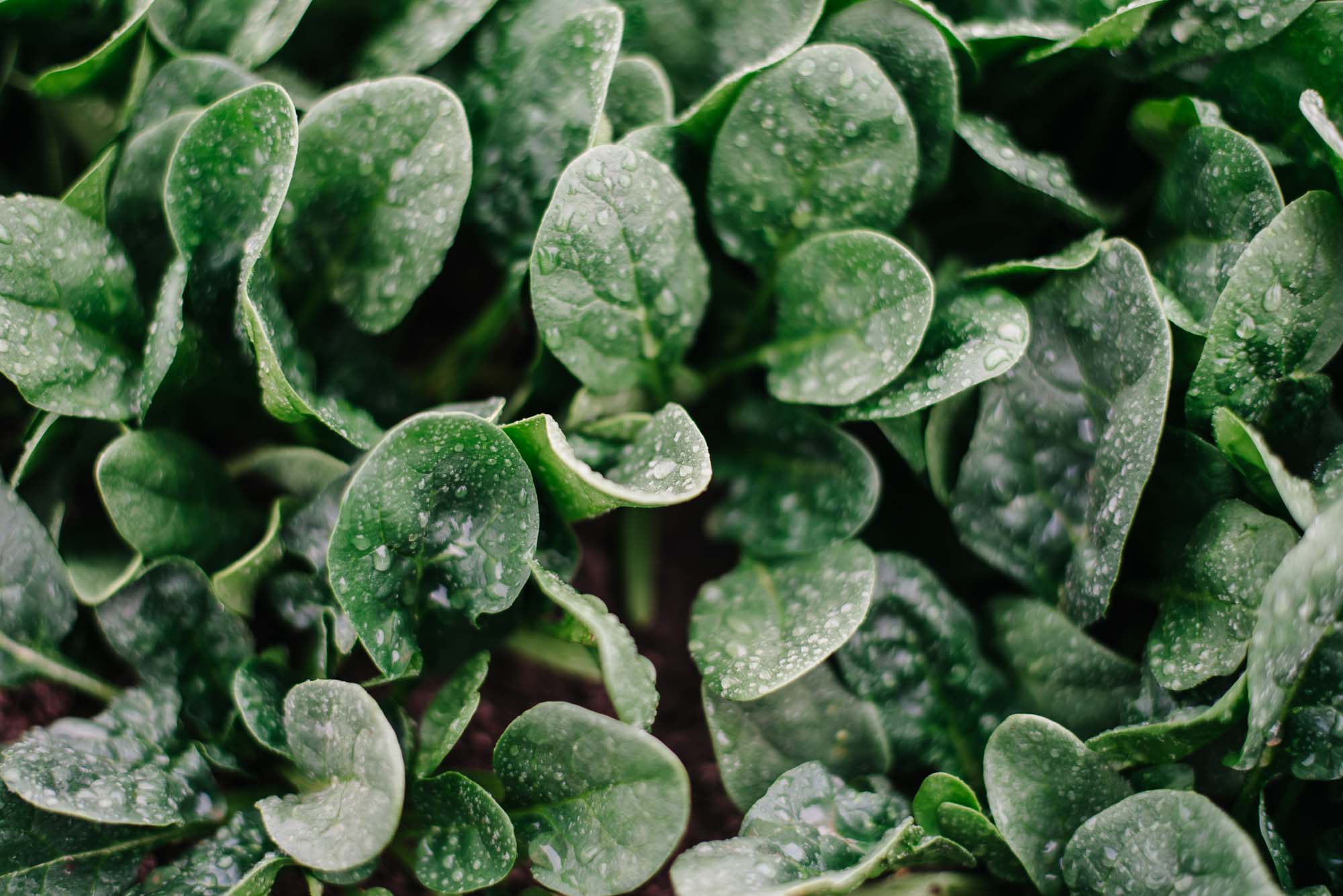
This post, and the travel described therein, was created in partnership with Earthbound Farm, who is committed to the betterment of the planet through growing delicious organic produce.
“One hundred to two hundred years from now, we know that dirt will be better than it was when I started.” Earthbound Farmer Larry Santos gestures with pride to the expanse of currently fallow farmland that stretches out before us. It’s been an early morning here in California’s Salinas Valley: We set out for our first farm visit at 5:50am, a drowsy bus full of food writers and bloggers still cozy from bed.
Three hours later, and we’re standing on one of the many farms that work directly with Earthbound Farm to provide lush lettuces and other organic produce year-round. Earthbound Farmers Larry Santos and Lee Carter, and Ag Supply Manager Steven Handley are telling us about their paths to organic farming, from conventional. All three of them grew up in the agricultural industries, farming conventionally with practices they’ve now left behind in favor of the organic approach. It takes three full years to transition a conventional farm to organic—certifying bodies like CCOF (California Certified Organic Farmers) require that time to ensure that the soil can be a clean slate for healthy new life.
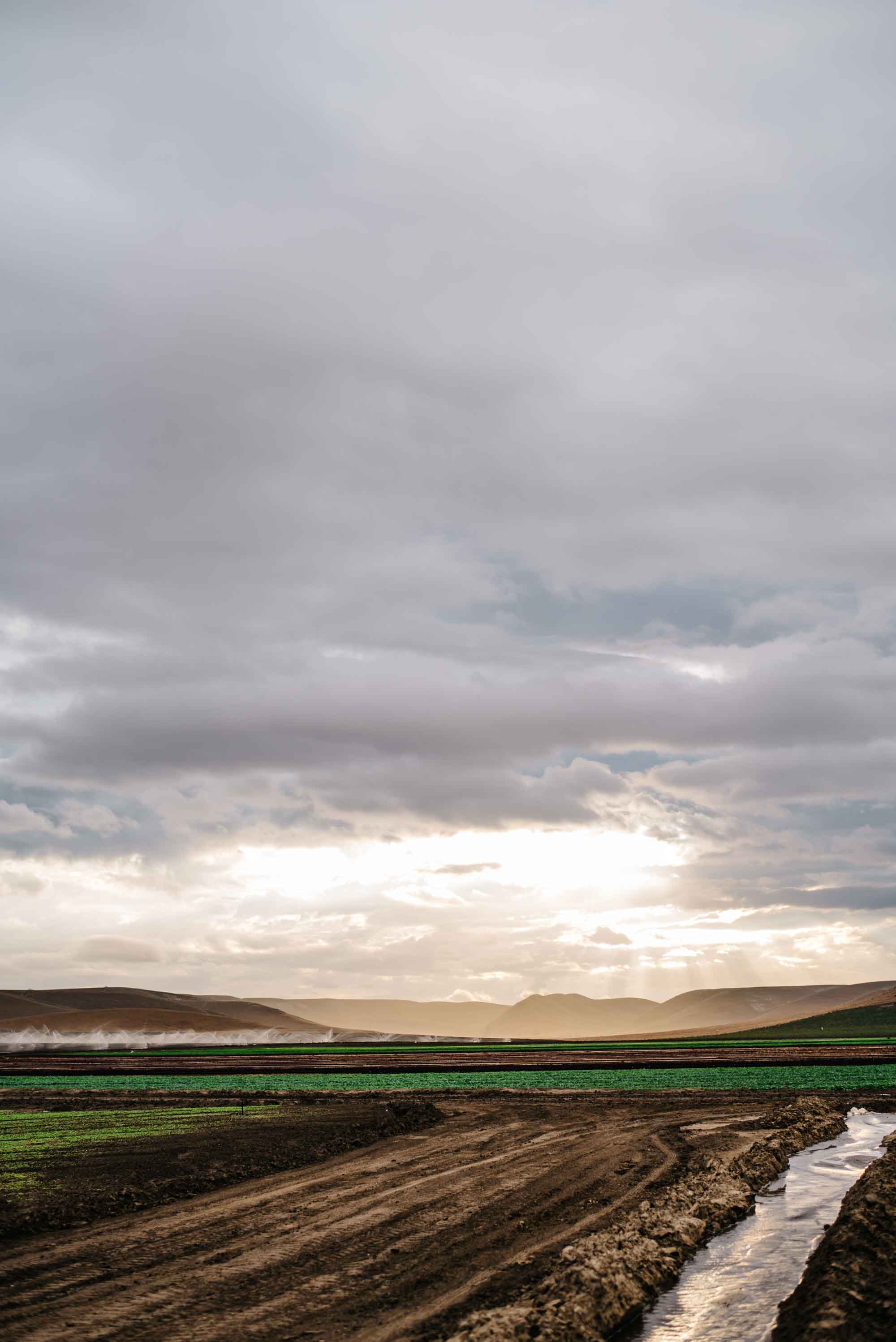
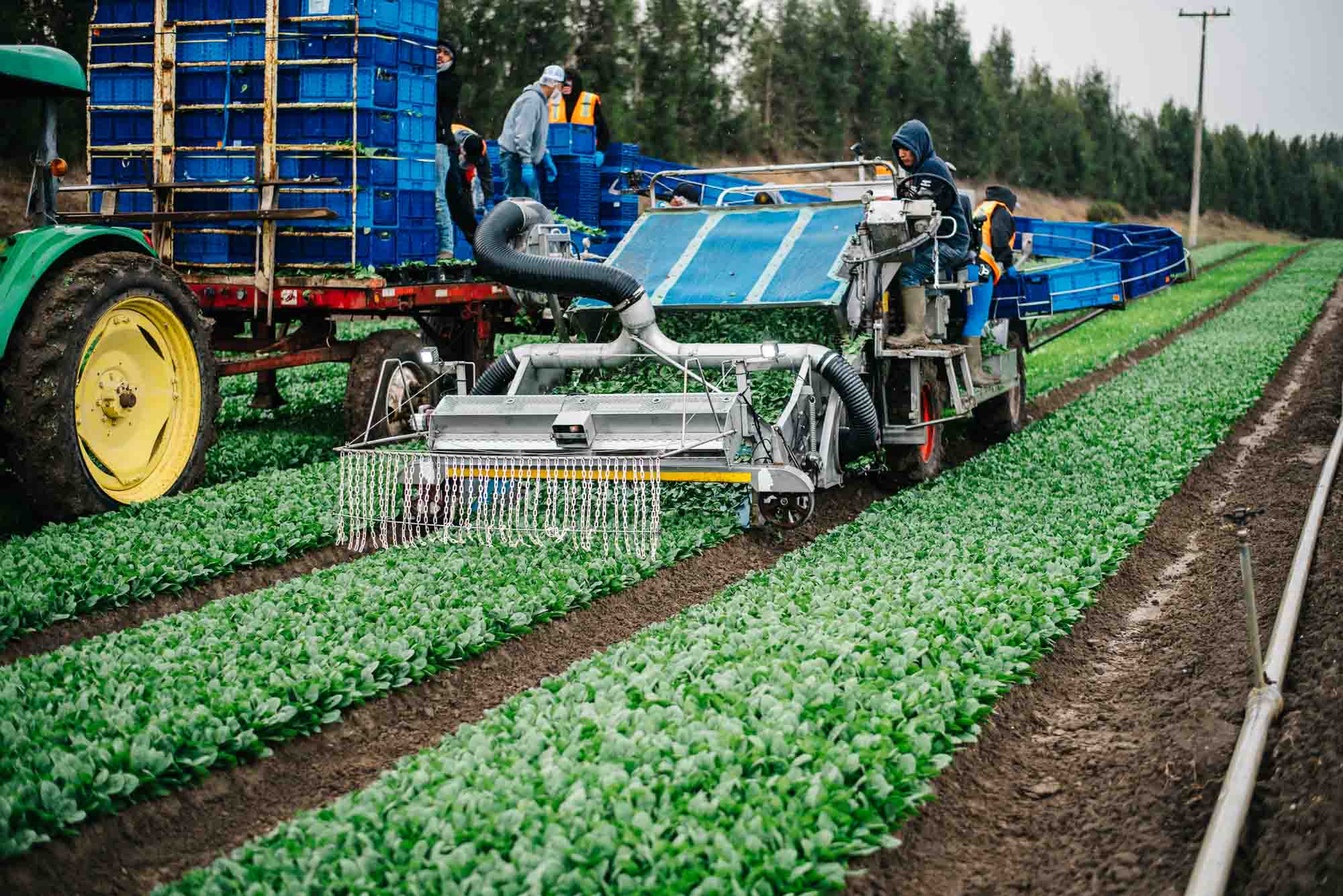
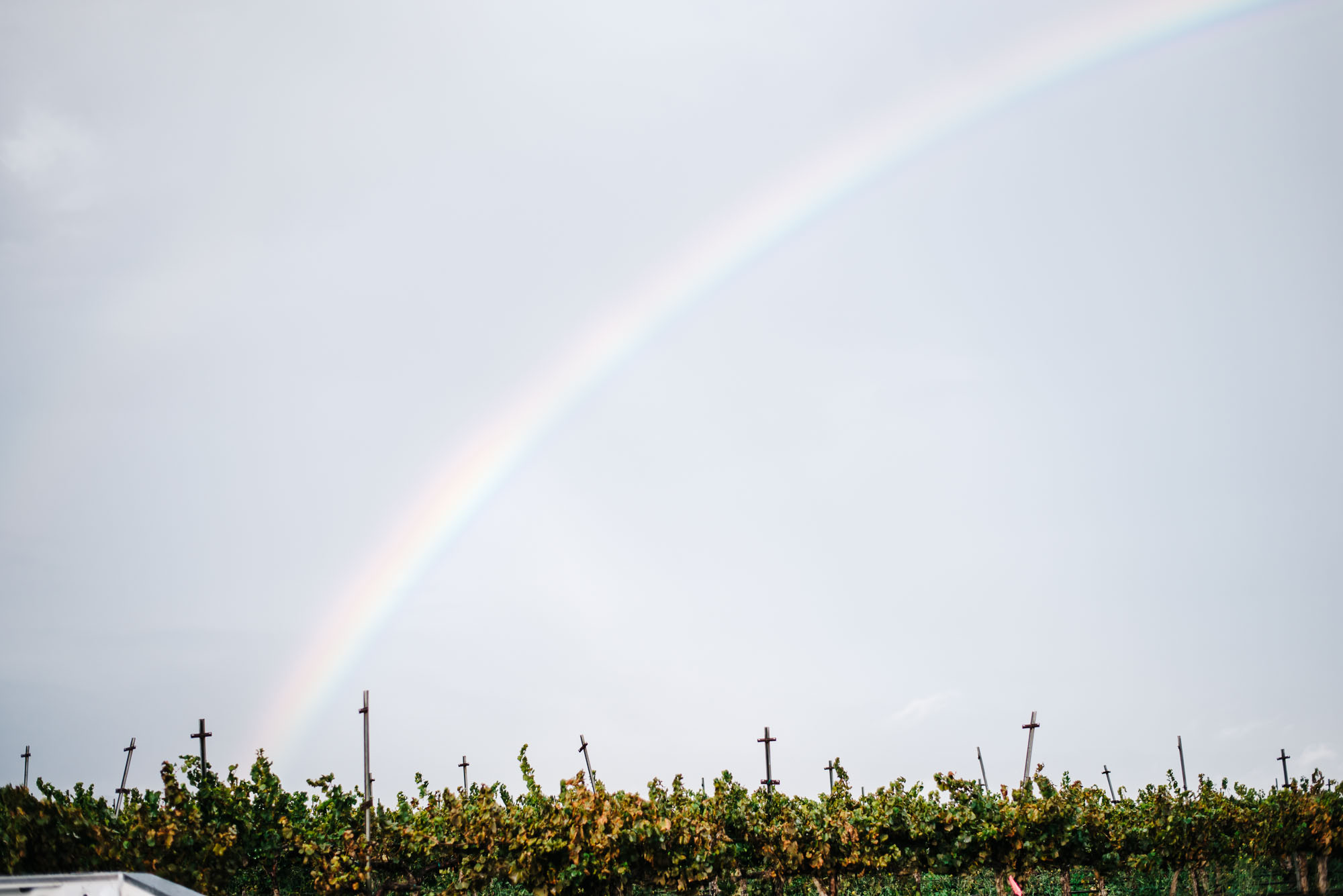
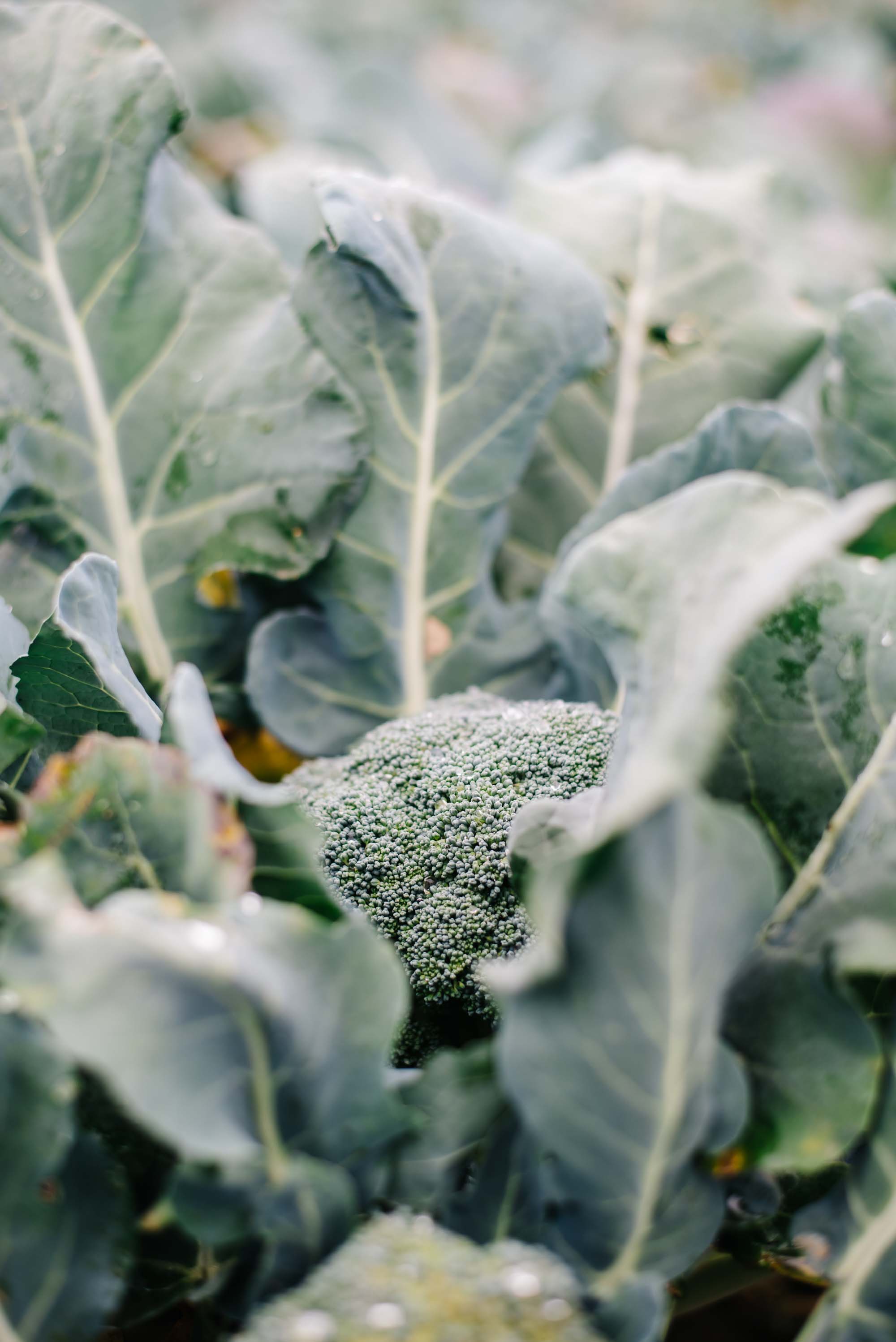
But waiting three years for certification seems to be of little concern here. These farmers are playing a long game against a formidable opponent: Climate change caused by global warming due to heightened levels of carbon dioxide in the atmosphere. Where conventional agriculture provides quick fixes, analogous to pumping a body full of antibiotics—which ultimately weaken the immune system by creating reliance and resistance—organic farming gets to the root of system health. At a time when even our most conservative governing bodies agree that environmental conditions are bound to become more and more extreme, this focus on long-term agricultural health is imperative if we want to maintain food supply.
Larry looks to the ground beneath his dirt-caked boots, and nods with a bit of melancholy. Kicking the earth, he asserts, “This is a finite resource we need to preserve and maintain.” Yes, soil is a resource—and one we see less and less of in our increasingly over-developed world. Yet soil is a resource that absorbs the chemicals and pollutants put on and near it, that determines the health and viability of our food. He tells us again: Larry knows he’s leaving a legacy of soil health by choosing organic, by paying attention to cover crops, microbial activity and eliminating petroleum-based pesticides. “If you try to farm an organic field with conventional mindsets,” he muses, “it doesn’t work.”
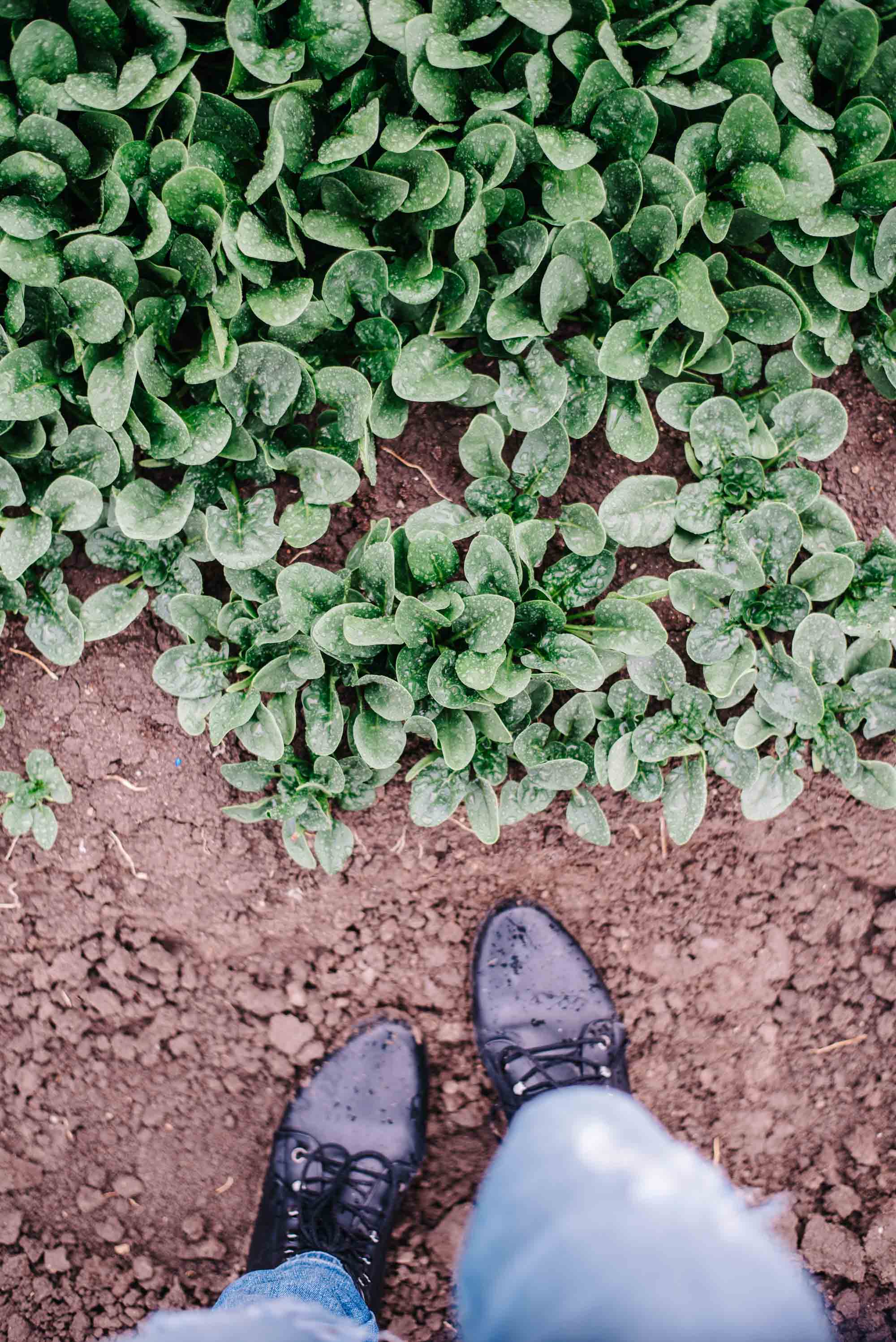
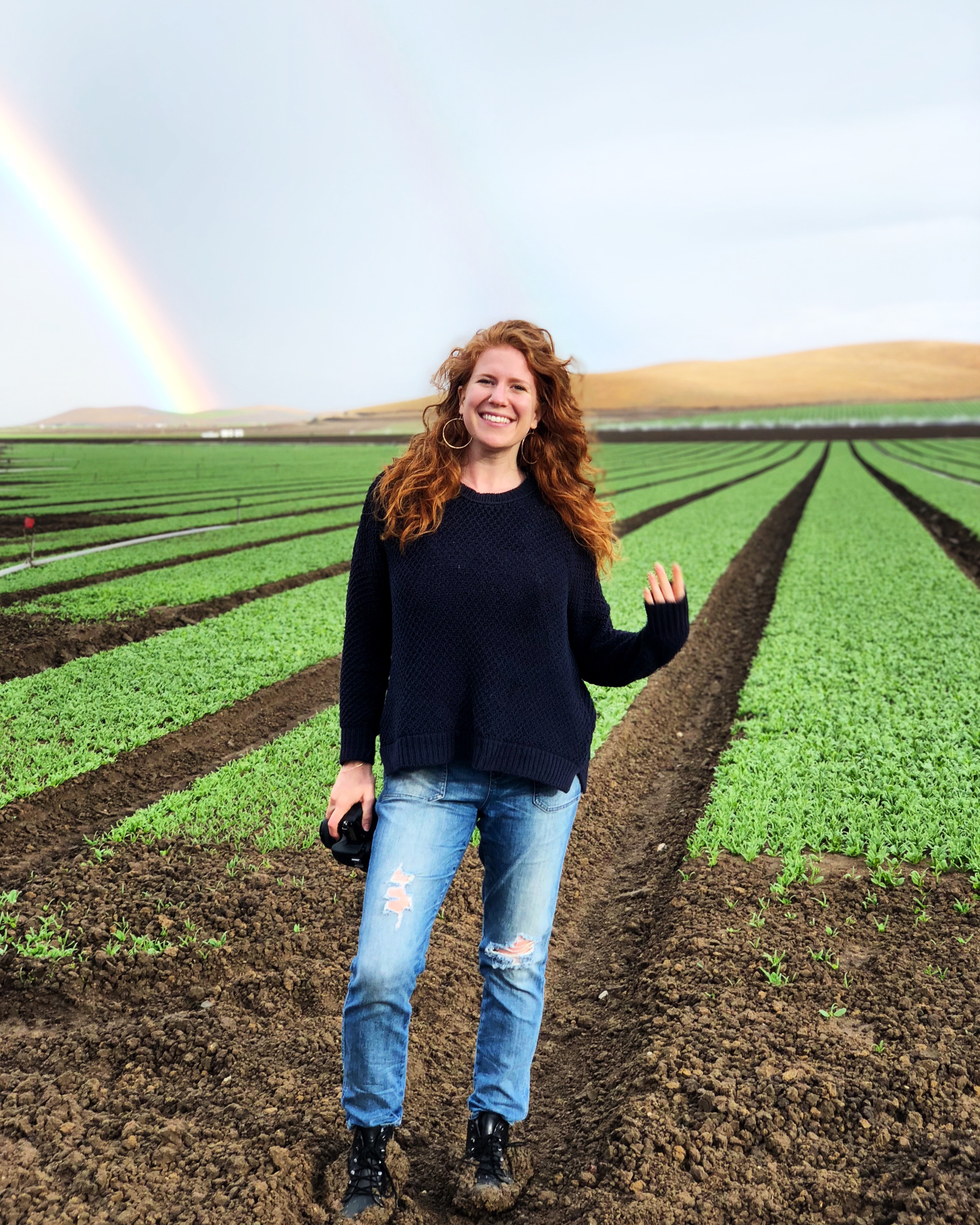
But it’s not just soil health Larry is worried about. Here in California, water retention in soil is more important than ever, as 34,618,000 California residents are currently living in drought. That’s an astonishing 93% of the population. The state is currently enduring its longest stretch of drought in recorded history, which, as of December 18, 2018, has lasted 365 weeks, beginning on December 27, 2011. Rising global temperatures, according to the U.S. Government’s current Climate Assessment, will only intensify these droughts, even as they also contribute to a host of other climatic instabilities like soil erosion and extreme weather patterns. We need every advantage we can muster in this game, be it long or short. Organic soil offers better water retention than its conventional counterpart, which means less water is needed for a successful crop.
Yet despite the fact that organic product sales are up 28% in 2016, according to the USDA Organic Production Survey, U.S. organic farm production is nowhere near commensurate growth. While 82% of households in the U.S. participate in the organic food market in some capacity, organic farms are only 2% of total U.S. farm acreage. Earthbound Farm, in concert with groups like the Organic Farming Research Foundation (OFRF), is seeking to change that—both to restore balance in the environment, and to deliver healthy, affordable food to U.S. citizens.
Later that afternoon, we gathered on the verdant, welcoming grounds of the Earthbound Farm Stand, located in Carmel Valley just a few miles from where Drew and Myra Goodman first established their original farm. A stone’s throw from a garden bursting with golden raspberries, the season’s last tomatoes, and nearly every herb and vegetable imaginable, we sat down with some of organic farming’s great pioneers—Bob Scowcraft, CCOF’s first executive director, Brise Tencer, Executive Director of OFRF, and Laura Batcha, CEO of the Organic Trade Association. Our conversation covered everything from climate change and carbon footprints to the socioeconomic challenges surrounding growth in the organic market.
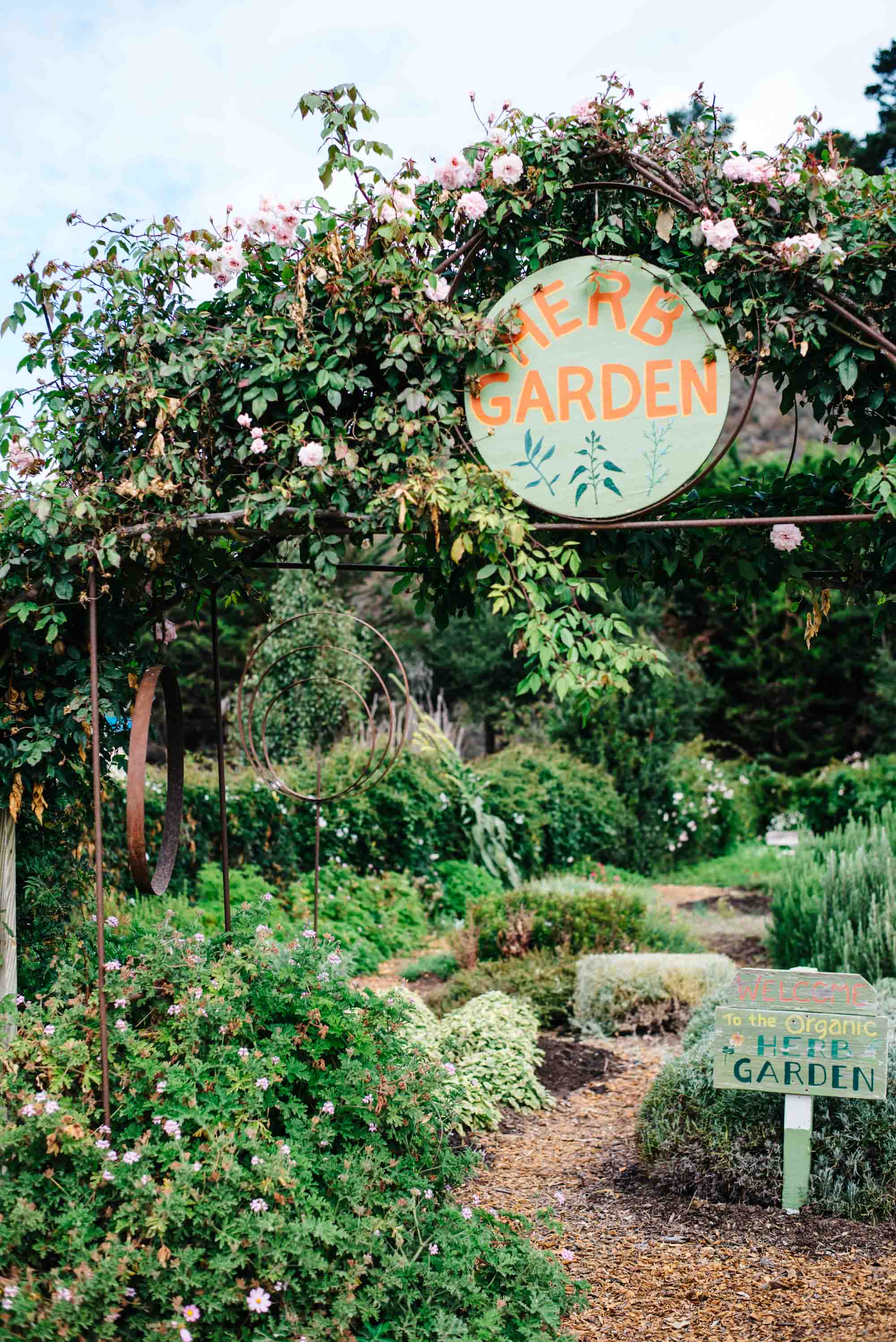
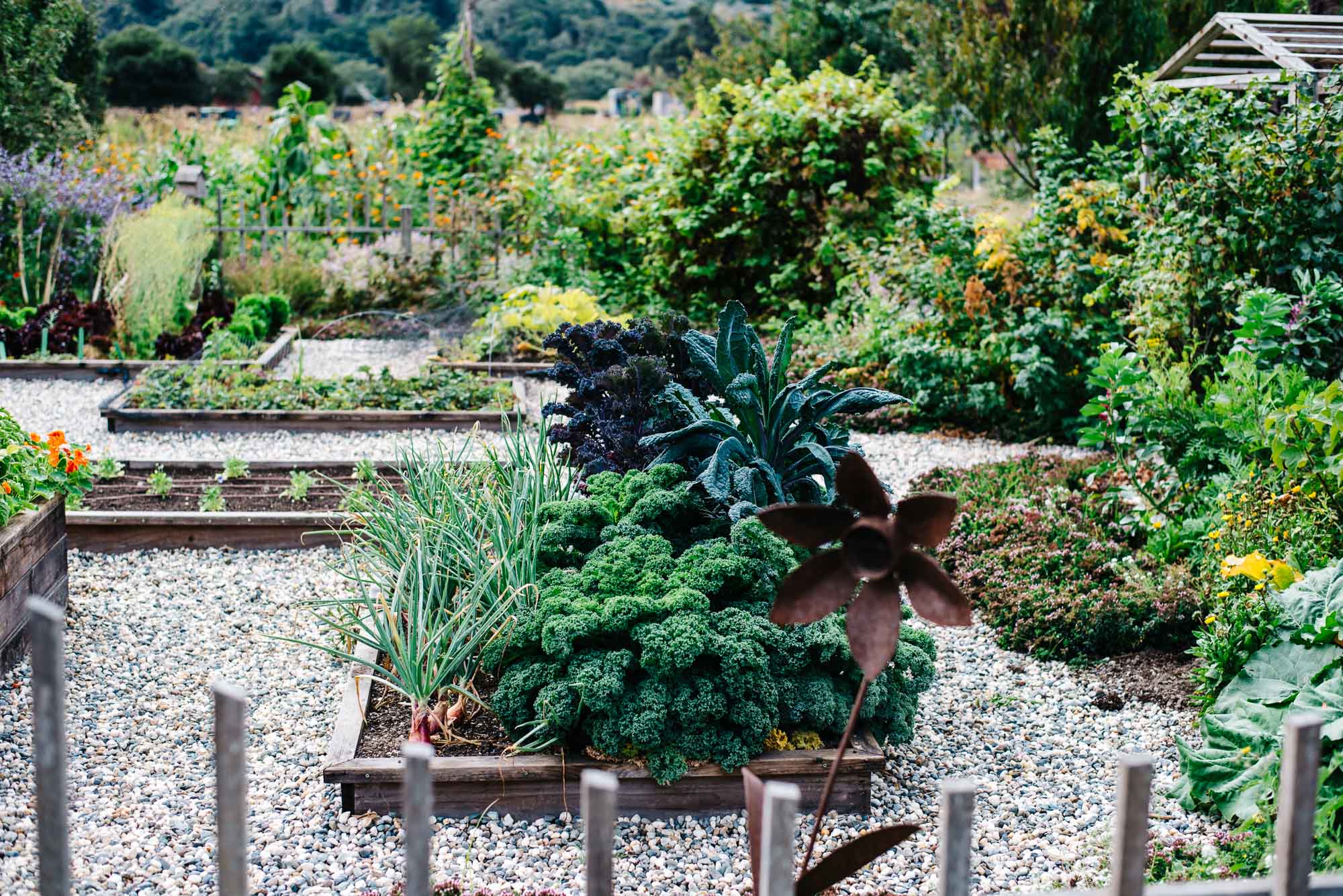
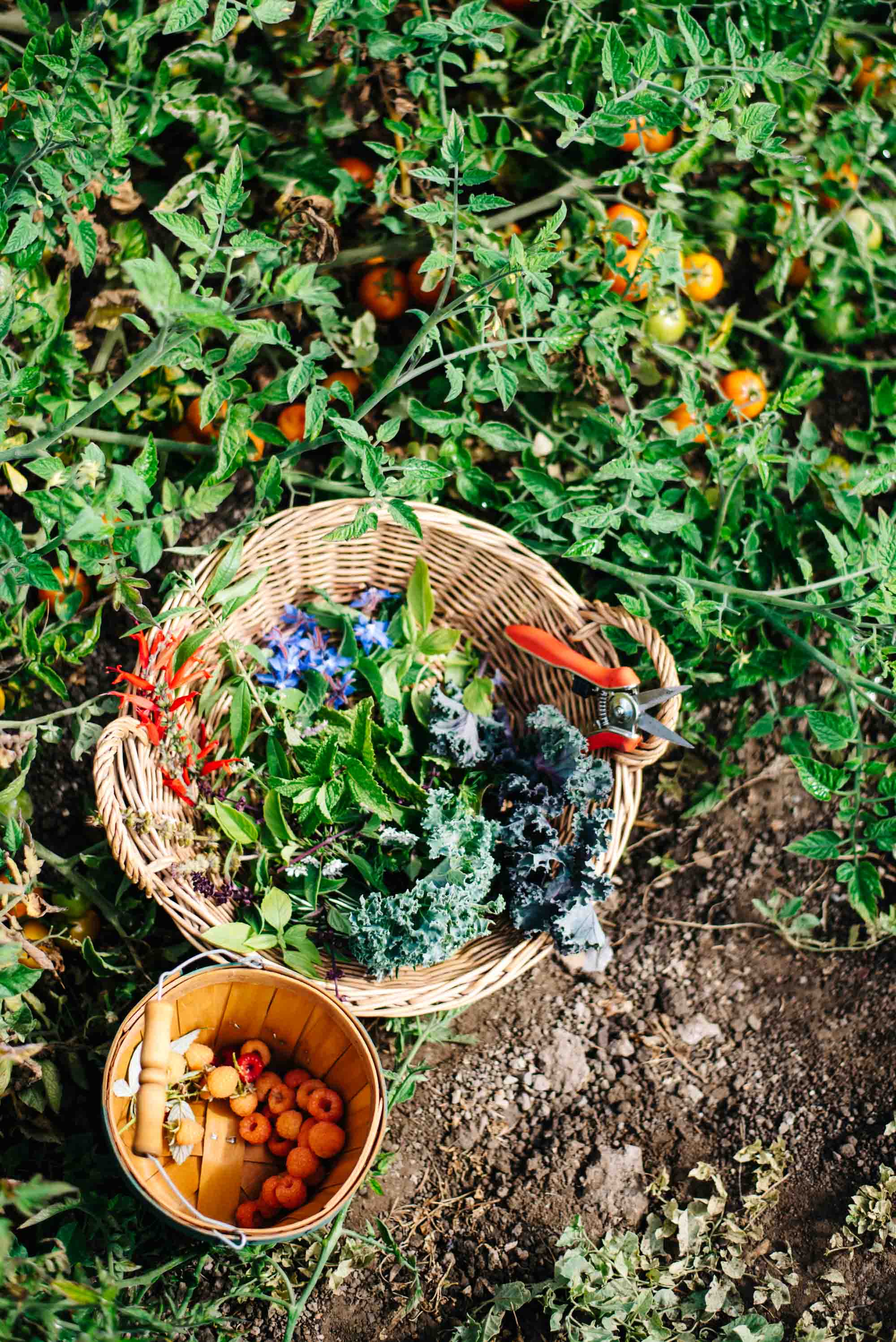
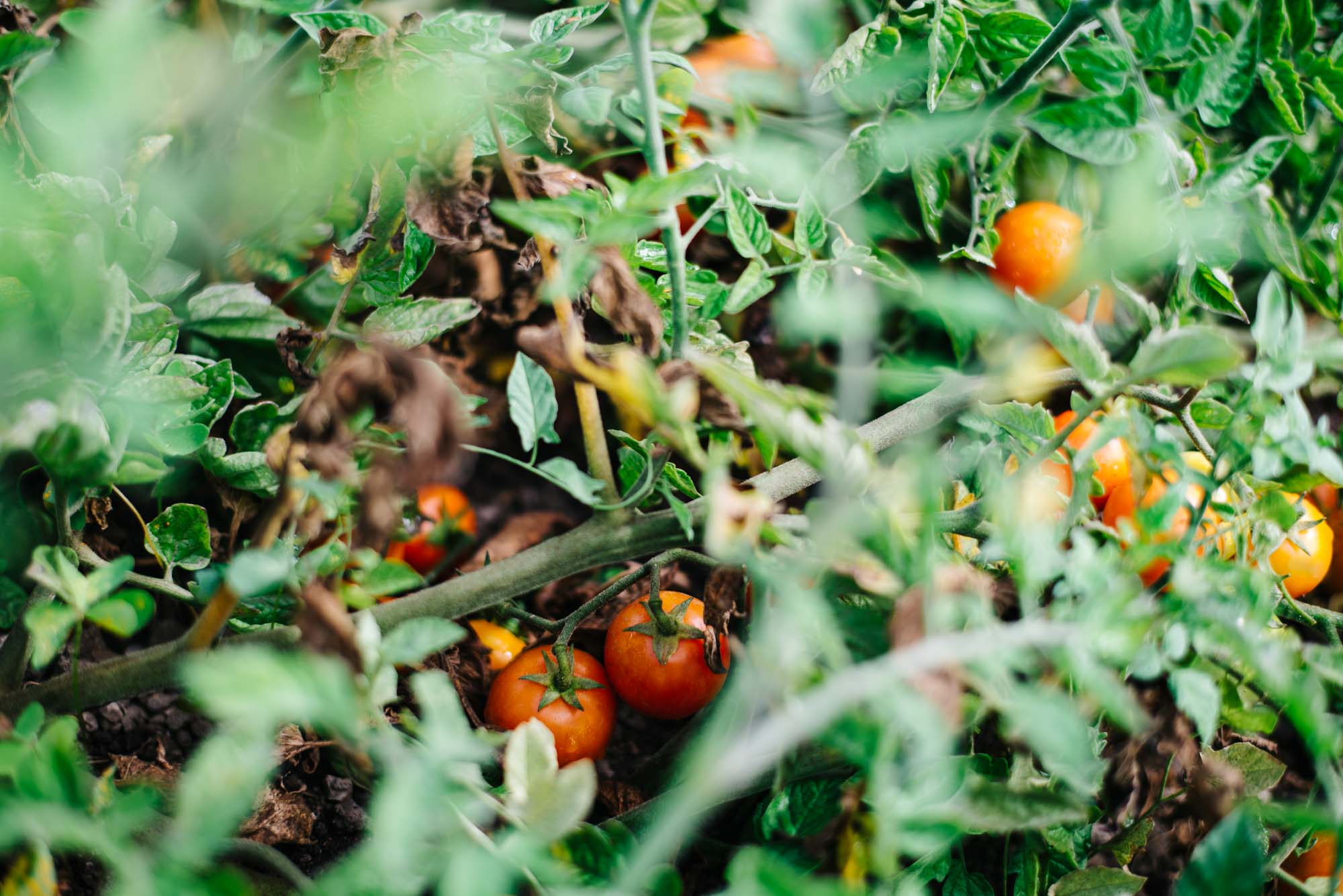
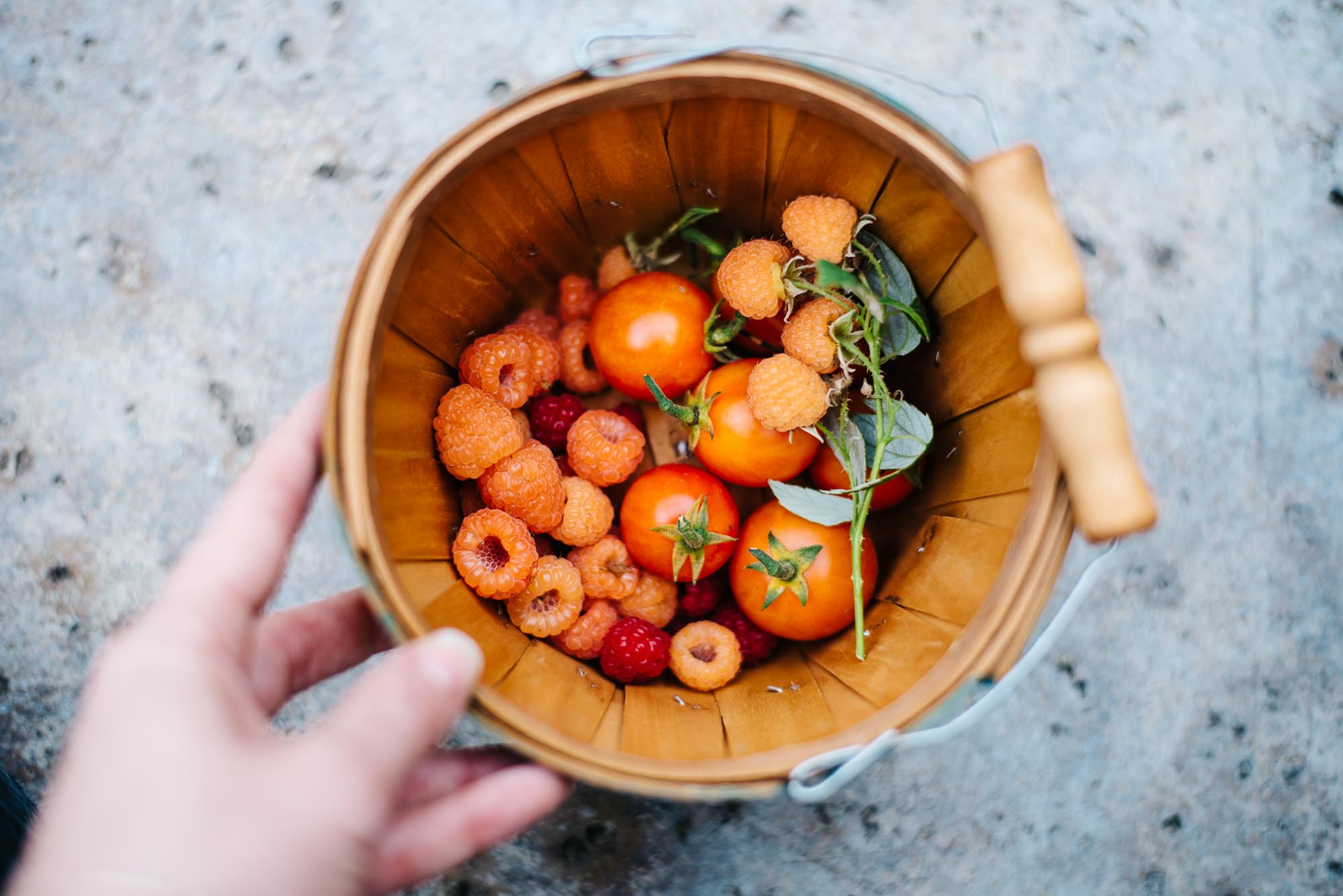
The good news? Not only will organic produce become more and more affordable as market demand increases and more organic farmers rise to meet that need, but research also shows that organic soil is better at sequestering carbon than conventional soil. According to a study published in the journal Science, up to 78 Gt (78,000,000,000 tons) of carbon could be removed from the atmosphere simply by rejuvenating soils depleted of carbon by conventional farming methods. By their estimation, that’s enough to offset up to 15% of the globe’s fossil fuel emissions. And research from last year in Advances in Agronomy shows that organic soil boasts 44% higher levels of humic acid, which sequesters carbon, than conventionally treated soils.
The not-so-good news? “Organic alone isn’t going to save the world,” Bob Scowcroft reminds. “But agriculture plays a big role in climate change.” And Earthbound Farm’s commitment to leveraging commercial power for scaleable change on both community and global levels—which began with founders Drew and Myra and is now carried out by current CEO Deverl Maserang—left me more inspired than ever to choose organic, and to choose to spend my dollar with companies I trust.

Because I want Larry to be right; I want a world full of fields whose soil is better one hundred years from now than it is today.
For a delicious salad using some of the beautiful lettuce blends Earthbound Farm creates, click here.


